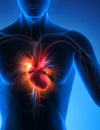No products in the cart.
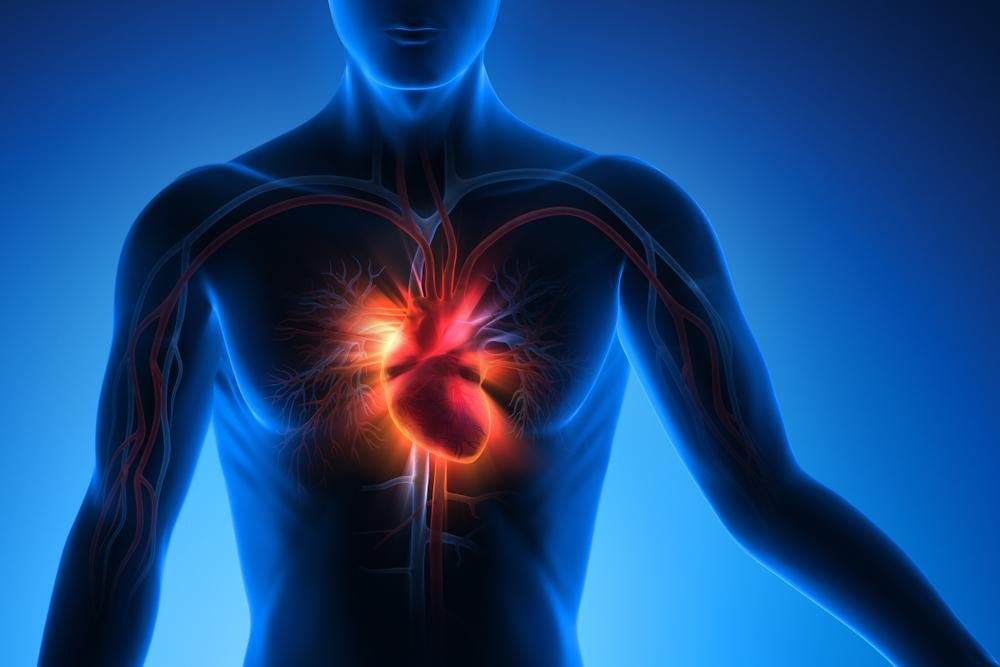
How long does it take to reduce cardiovascular risk by changing what you eat?
Posted by: Didrik Sopler
" How long does it take to reduce cardiovascular risk by changing what you eat? This research was conducted to investigate the effect on cardiovascular risk factors using only food (McDougall J, et.al., 2014). 1615 people participated in this research. The protocol was implemented for only 7 days, and...
Read more
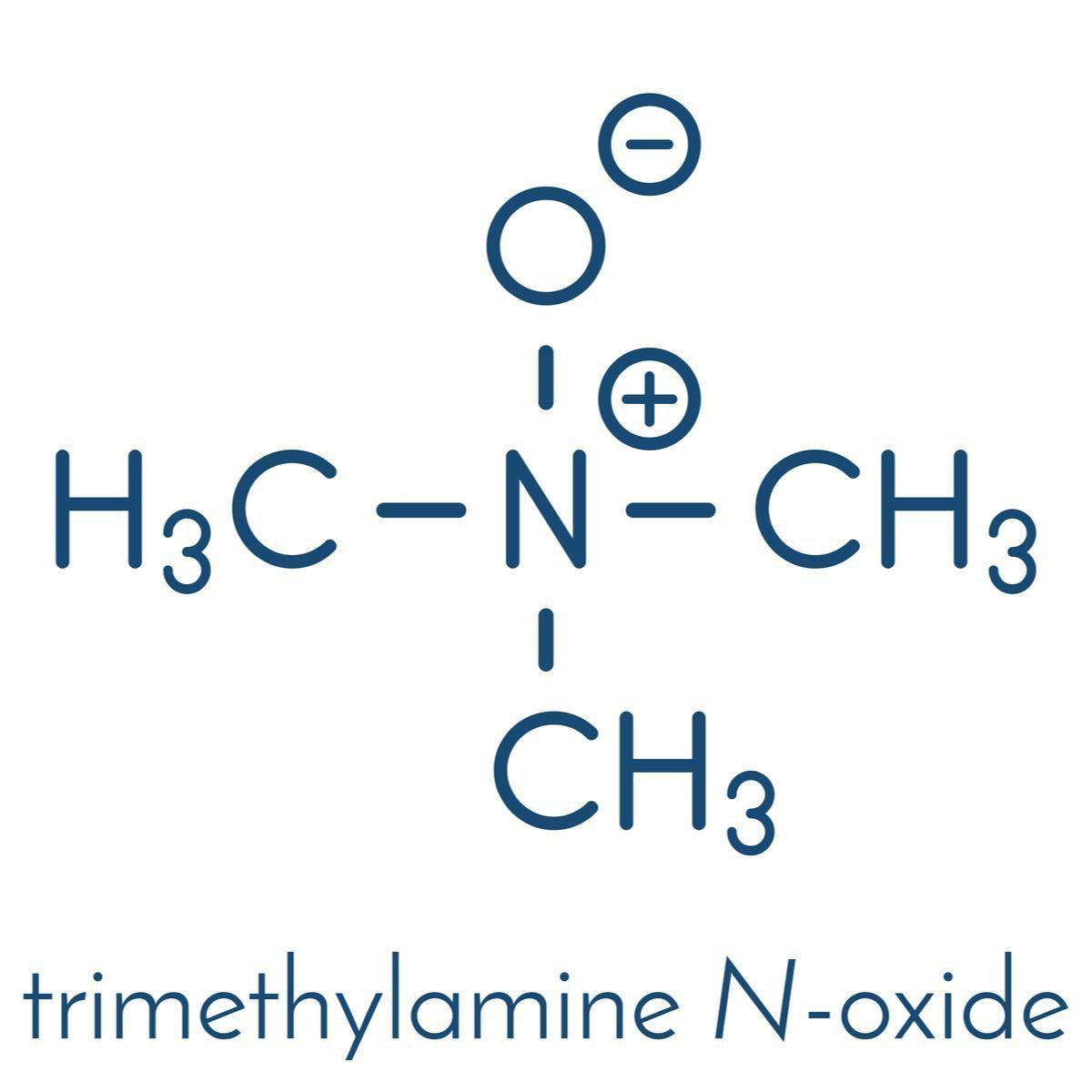
What is TMAO, and why should you avoid it?
Posted by: Didrik Sopler
What is TMAO, and why should you avoid it? The bacterial flora of the intestines convert choline into trimethylamine, which again isconverted into TMAO (trimethylamine-N-oxide) by the involvement of an enzyme fromthe liver. Choline is found in animal-derived products like eggs, dairy products, and meat.The following...
Read more

What works best to keep cardiovascular risk factors low, a high fat diet, a Mediterranean diet or a high carbohydrate low fat diet?
Posted by: Didrik Sopler
What works best to keep cardiovascular risk factors low, a high-fat diet, a Mediterranean diet or a high carbohydrate low-fat diet? Research has compared these different approaches a while back, and we have had the results for a while. The reason why they’re still are questions about the...
Read more
How does a high fat, ketogenic diet affect your muscles?
Posted by: Didrik Sopler
" How does a high fat, ketogenic diet affect your muscles? There is a lot of promotion and talk about the benefits of restricting carbohydrate intake and eating a high fat, ketogenic diet. When you read things like that, always ask, where is the evidence? Is there any science...
Read more
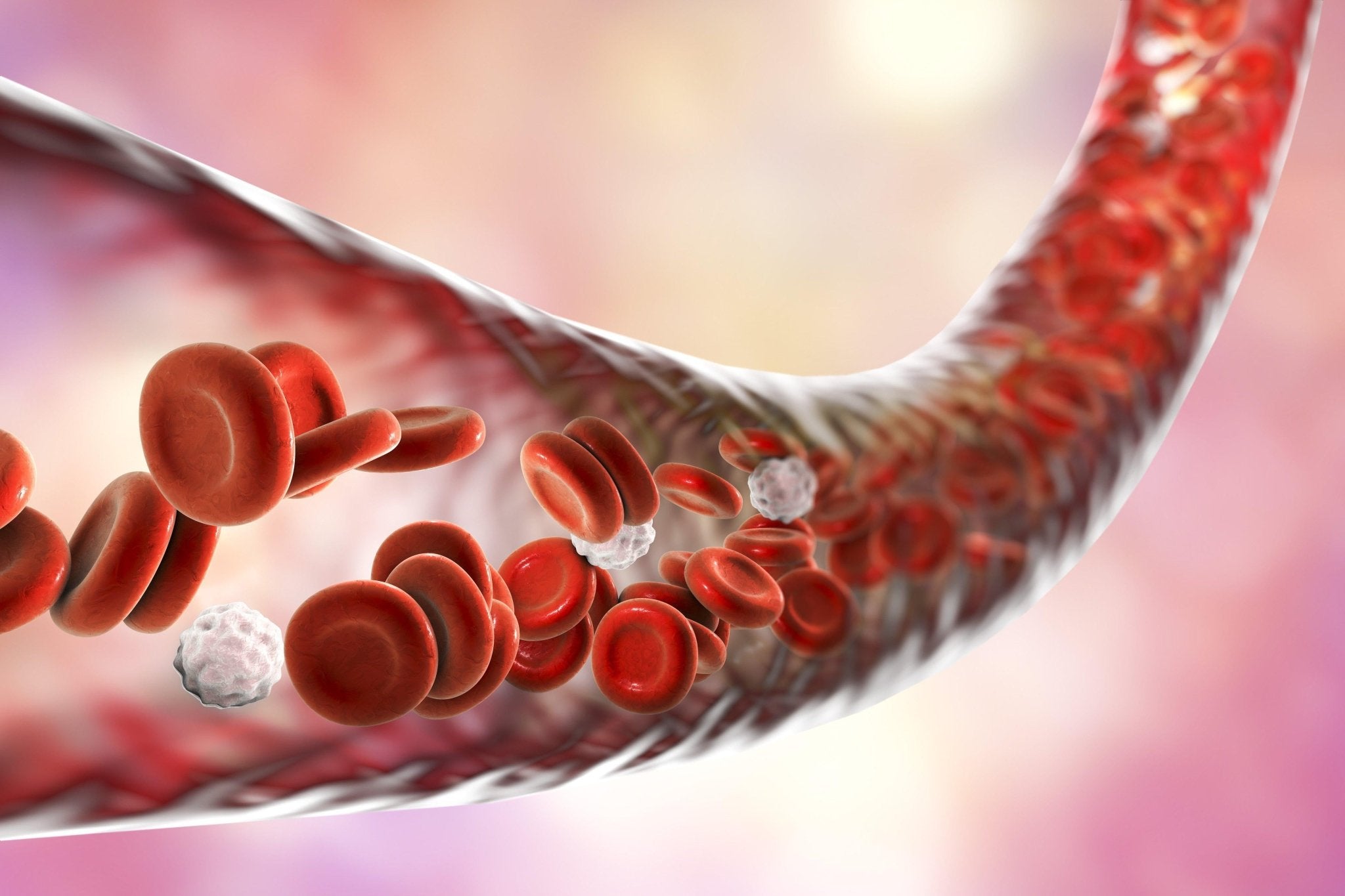
Do normal LDL cholesterol levels protect us from cardiovascular disease?
Posted by: Didrik Sopler
The correct term for LDL is Low-Density Lipoprotein and it is also called the “bad cholesterol” because LDL tends to create plaque in the arteries and atherosclerosis. There are however different opinions about the risk of cholesterol and LDL. I think you will find the following research data interesting. What...
Read more

What can we do to reduce oxidative stress as we get older?
Posted by: Didrik Sopler
We know that aging is associated with oxidative stress. This research tested whether glutathione deficiency occurs because of diminished synthesis and contributes to oxidative stress and what could be done about it (Sekhar RV, et.al., 2011). Two groups that were divided into age groups made up the participants. Both older...
Read more

A lesser-known benefit of a plant based diet
Posted by: Didrik Sopler
You may not have heard about Trimethylamine oxide (TMAO), but this metabolite is created by the bacterial flora in the gut in response to certain food components. This is the process.TMAO originates from a precursor, trimethylamine (TMA) that is a metabolite of mainly choline and carnitine from ingested foods...
Read more

Reasons for eating a plant based diet
Posted by: Didrik Sopler
There are many reasons why eating a plant based diet makes sense. This research included 131, 342 participants. Of this, 85 013 were women (64.7%) and 46 329 were men (35.3%) (Song M, et.al., 2016). The researchers found that high animal protein intake was positively associated with cardiovascular mortality, and high plant...
Read more
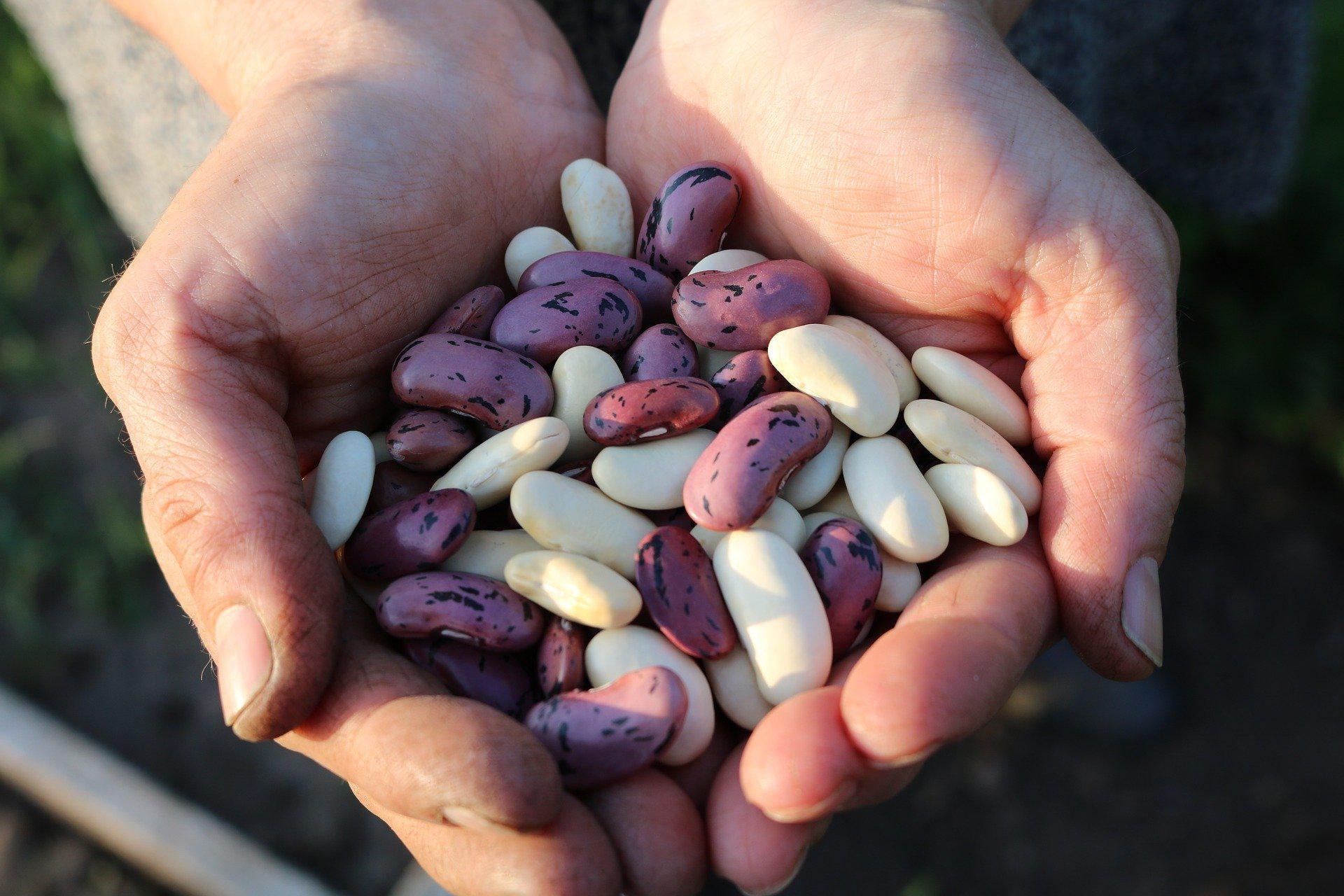
What type of protein is best if you want to live longer?
Posted by: Didrik Sopler
Does the source of protein really matter as long as we get an adequate supply? That’s exactly what the researchers of the following study investigated. 85 013 women and 46 329 men, a total of 131342 participants were included in this research (Song M, et.al., 2016). They examined the associations of animal...
Read more

Decrease blood pressure and cardiovascular risk by affecting this nerve
Posted by: Didrik Sopler
You don’t need any equipment or take any pills to decrease blood pressure and cardiovascular risk. When a broad range of indicators of vagal function were tested, the researchers of the following study showed that decreased vagal function is associated with an increased risk for cardiovascular disease and mortality (Thayer...
Read more
Showing: 1 -10 of 10



